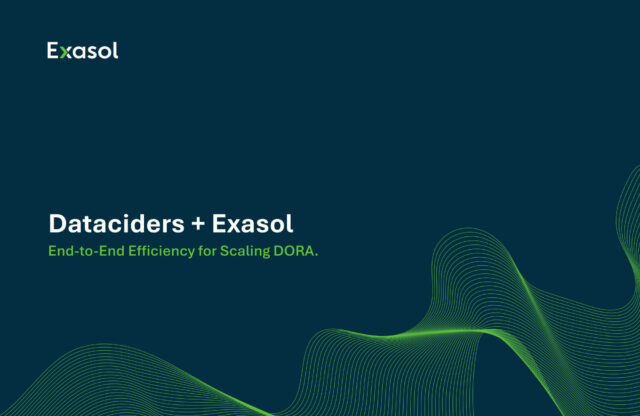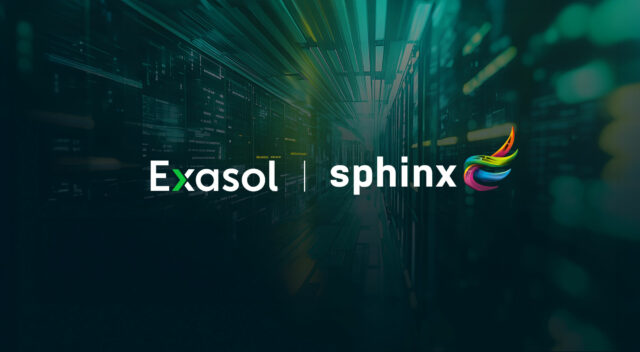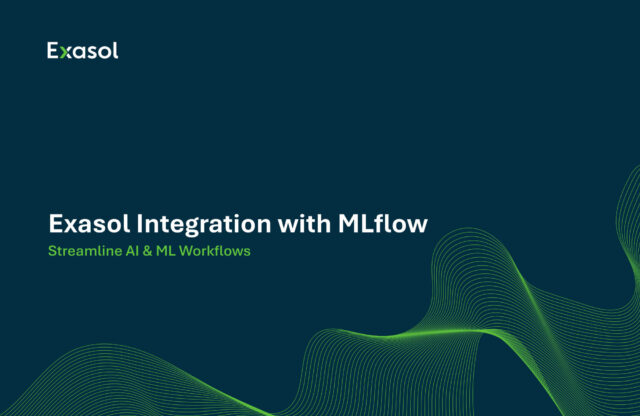
Blog

Discover how virtual schemas enable real-time data federation, reduce ETL complexity, and power AI-ready analytics for continuous intelligence.
Continue reading
From new connectors and performance improvements to integrations like MLflow, much of what ships in Exasol’s releases originates from real-world customer feedback. To explore how this process works, we sat …
Continue reading
If the first wave of DORA felt like juggling overlapping requirements, you’re not alone. Across banks, insurers, and fintechs, Dataciders sees the same operational friction: unclear scope, rising ICT risk …
Continue reading
Sphinx’s philosophy is pragmatic: before designing risk management on paper, implement the technical measures that prevent breaches and make evidence automatic. In practice, that means putting security gates in the …
Continue reading
We’re excited to announce a new Exasol + MLflow integration prototype that brings together Exasol’s high-performance analytics engine with MLflow’s open-source MLOps framework. This integration makes it easier for data …
Continue reading
A detailed TPC-H benchmark comparing Exasol and ClickHouse shows Exasol delivering 10.7× higher median performance. Learn about the test setup.
Continue reading
For the third time, within less than a year, we are discussing Text-to-SQL. First, it was just a test with a publicly available service on the HuggingFace website (https://www.huggingface.co). This …
Continue reading
In every organization, there’s a widening gap between the data that powers daily operations and the insights that drive strategic action. Transactional systems keep businesses running, but the data they …
Continue reading
As AI agents become more capable and autonomous, the systems they interact with must do more than just respond to queries — they must provide context. That’s why the Model …
Continue reading
TL;DR DuckDB is the most delightful thing to happen to analytical SQL since SELECT 1. It’s fast, tiny, and absurdly easy to use. But when you stack it against an …
Continue reading